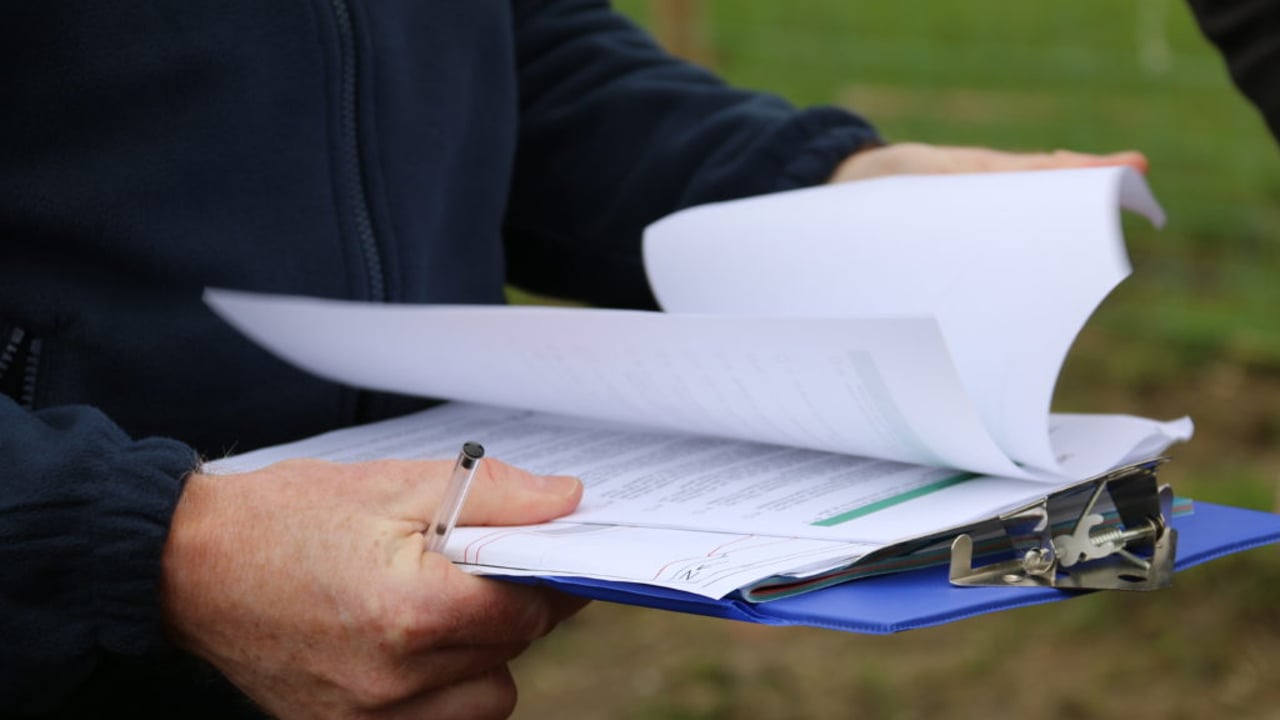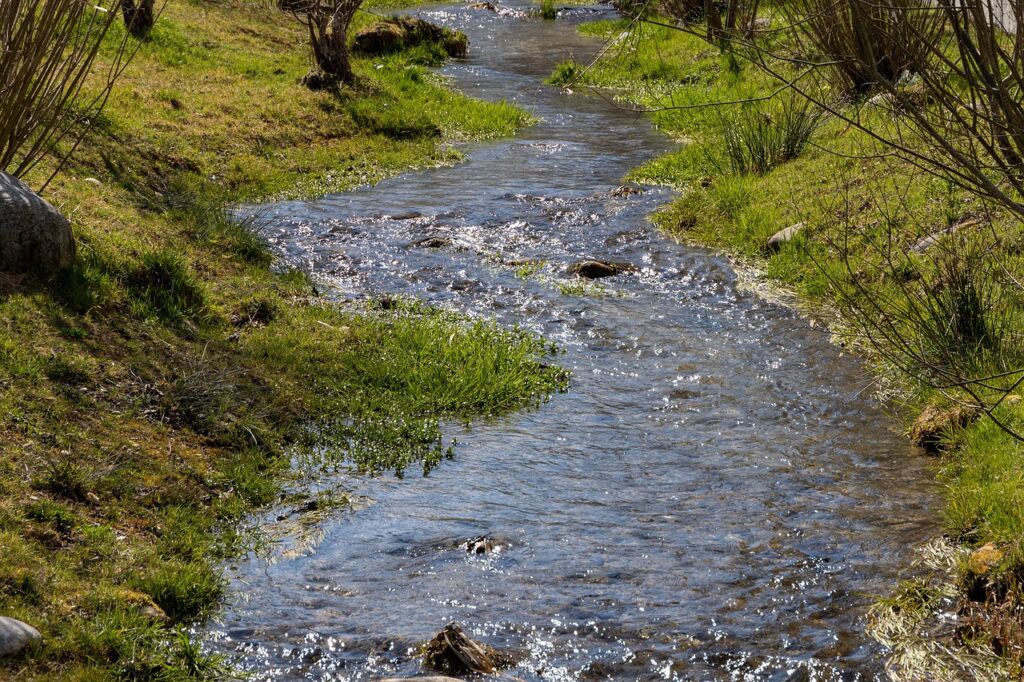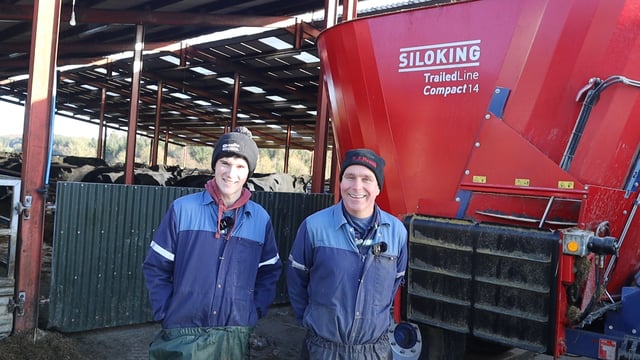EPA: Local authorities need to carry out more farm inspections
Local authorities must carry out more farm inspections and follow-up enforcement, according to the Environmental Protection Agency (EPA).
The EPA has today (Thursday, October 22) published its report on the environmental enforcement performance of local authorities in 2024.
The report shows that the scale of environmental enforcement work carried out by local authorities in 2024 was "extensive".
Last year, the EPA found that 630 staff across the 31 local authorities:
- Conducted 227,400 environmental inspections;
- Regulated 10,700 licences, permits and certificates;
- Responded to 76,500 complaints;
- Carried out 18,050 enforcement actions;
- Initiated 414 prosecutions.
The EPA said that local authorities made improvements in areas such as tackling illegal waste activities and the enforcement of construction and demolition waste.
However, the agency said there is a need for increased focus on water, air and noise enforcement to fully deliver on the National Enforcement Priorities (NEPs).
The EPA review found that six local authorities achieved high performance scores in 2024: Meath; Dublin City; South Dublin; Kildare; Fingal and Cork City Council.
The five lowest performing local authorities were Leitrim, Galway City, Sligo, Clare and Donegal.
Farm inspections
Under the water NEP local authorities must inspect slurry/soiled water collection and storage on farm yards.
The objective is to reduce the impact of agricultural activities on water quality.
In 2024, 18 local authorities met this standard (strong or excellent), up from 12 in 2022.
The report said that improvements were seen in inspection, enforcement and stakeholder collaboration.
"Nonetheless, further improvement is required, as local authorities must increase the number of farm inspections to achieve the annual target of 4,500 inspections, as set out in the National Agricultural Inspection Programme (NAIP) and the Water Action Plan 2024.
"In addition, local authorities must take a stronger enforcement approach, including cross reporting to the Department of Agriculture, Food and the Marine and/or prosecutions," the report said.
The report shows that 2,598 farm inspections (initial Good Agricultural Practice (GAP) inspections) were undertaken by local authorities in 2024, up from 1,137 in the previous year.
In 2024, there were 1,666 other types of farm inspections carried out in response to planning applications, incidents and compliants. This marks an increase from 1,474 in the previous 12 months.
In relation to the pressures from agriculture (farmland) including slurry and fertiliser spreading, 19 local authorities met the standard (strong or excellent), up from 11 in 2022.
The EPA said that improvements were seen in inspection activity, compliance promotion and stakeholder collaboration.
Separately, the EPA said that local authorities must prioritise the inspection and enforcement of Section 4 discharge licences, in particular those that are a significant pressure on receiving water quality.
Silage bales
The report outlined a case where Waterford City and County Council tackled "improper storage of silage".
An agricultural inspector found that a large amount of silage bales had been "inappropriately stored" less than 20m from a transitional lake.
The lake directly connected to a coastal waterbody designated a Special Area of Conservation (SAC)/Special Protection Area (SPA).
The silage bales were stored in a designated flood zone and the land was severely poached from heavy machinery movements, resulting in large volumes of silage effluent being discharged to the SAC.
Grasses around the bales were blackened due to consistent exposure to silage effluent run-off.
A cross-compliance report was submitted to the Department of Agriculture, Food and the Marine (DAFM), which subsequently applied a penalty to the landowner’s payments.
During a follow-up inspection by the local authority, the silage bales had been removed from this location and the poached area had been reseeded.
The EPA said this intervention by the local authority "effectively safeguarded the local water environment".
EPA
Commenting on the overall findings of the report, Dr Tom Ryan, director of the EPA’s Office of Environmental Enforcement said:
“Strong enforcement of environmental laws is essential to detect pollution and ensure that those who break the rules are held responsible.
"Local authorities play a vital role in safeguarding our environment — especially when enforcement is prioritised and supported with the right resources.
"This report shows that most local authorities are responding to the challenge, but some such as Leitrim, Galway City, Sligo, Clare and Donegal are lagging behind and need to do better.
"Keeping up momentum is crucial to fully deliver on the National Enforcement Priorities and to protect our environment.”







